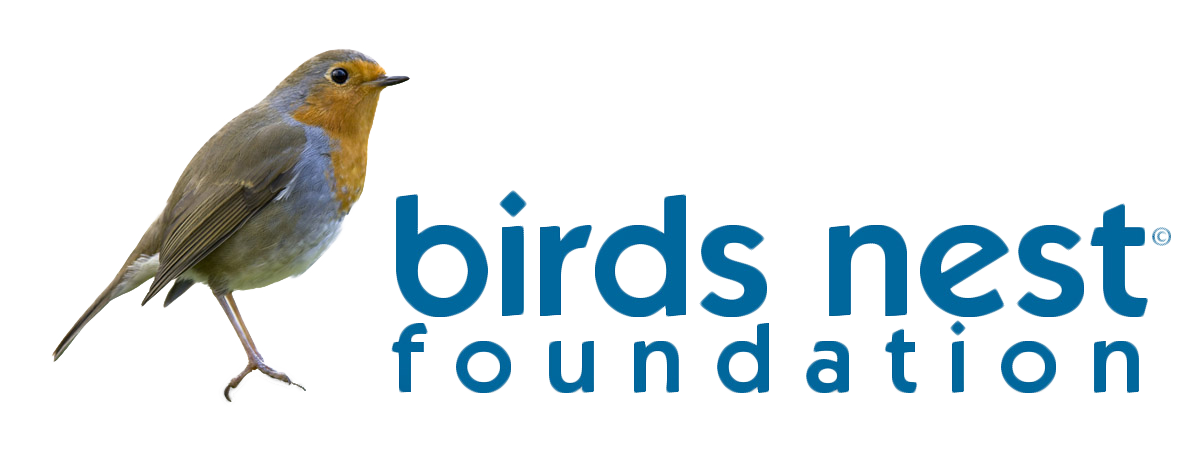Have you heard about the Dirty Dozen?
The Environmental Working Group has created a guide ranking the top 12 produce from “dirtiest” to “cleanest,” a guide they’ve cleverly called the Dirty Dozen, which includes apples, peaches, nectarines, strawberries, grapes, celery, spinach, sweet peppers, cucumbers, cherry tomatoes, snap peas (imported) and potatoes.This “dirt” refers to the amount of pesticide residue left on veggies/fruits.
So what makes this list helpful? Well, it allows you to better decide which produce you should/n’t buy organic. The “dirty” fruits should be bought organic as often as finances will allow, and the Clean Fifteens, which is another list the EWG created, can be bought non-organic because they have the least amount of pesticide residue, thus qualifying them as “clean.” Topping the Dirty list for the fifth year in a row, apples have the most pesticides because they’re sprayed pre and post harvest. Avocados are seated comfortably atop the Clean list with only one percent of them showing a trace of pesticides. Following avocados are sweet corn, pineapples, cabbage, sweet peas (frozen), onions, asparagus, mangoes, papayas, kiwi, eggplant, grapefruit, cantaloupe, cauliflower and sweet potatoes.
With these two lists, you can better prioritize which produce to stretch the extra dime for. Although buying all organic would be ideal, it’s definitely not a reality for all. A pretty cool alternative is an activated charcoal soak. The soak includes 2-3 capsules of activated charcoal powder, which can be found at health food stores, and water. After the apples have sat in the water for 10 minutes, the charcoal has done its magic, and your produce is toxin free!
